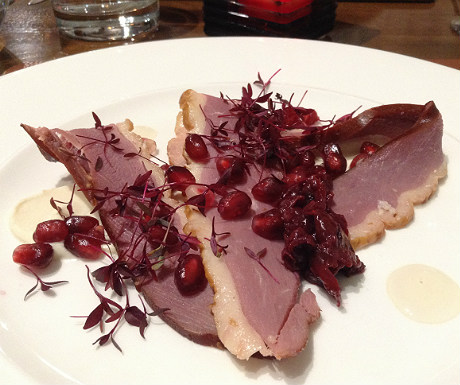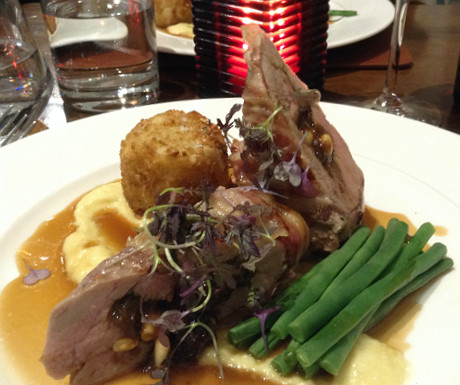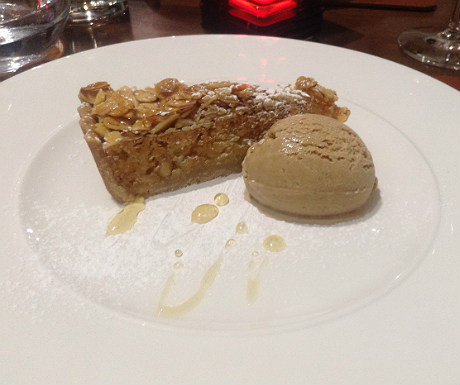800 years ago, pilgrims travelling to Lincoln would have been able to see the distant tower of the cathedral long before they reached their destination. And today that splendid building can still be seen from afar. Visitors arriving by car will quickly find themselves down by the River Witham where there are modern developments and an extensive waterfront providing a pleasant walk with lots of open air bars and cafes where you can sit and watch the traffic and wildlife on the river.
However it is the old part of the town that provides the real interest. Climbing the steep hill there are a myriad of shops selling antique books and maps alongside specialist butchers and much more. Call in at Signature of Lincoln for the biggest selection of bags and wallets this side of Venice.
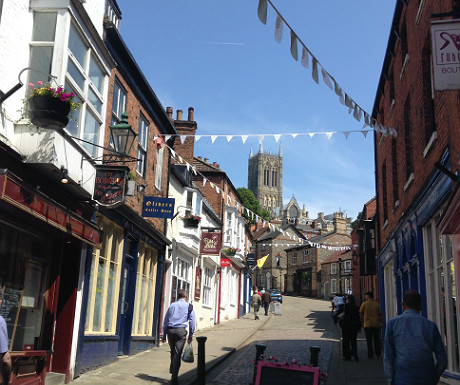
Reaching the top of the hill turn to the castle; a magnificent building dating back to 1068 and the subject of a recent 22m restoration completed in time for the celebration of Magna Carta. It is here that one of the best preserved copies of the document, written on a single piece of sheepskin, is kept.
The top attraction though is the cathedral. An incredible building, its sheer size is mind blowing; this was once the tallest building in the world surpassing the Great Pyramid at Giza. However it is not just the height that impresses but also the interior space capable of seating 4,000 people. The first cathedral was started in 1092 but a series of accidents followed. Nevertheless the bulk of the present building predates the fourteenth century. Apart from worship, the building is used for a variety of events. Visitors can join the tours of the cathedral and the hospitality extends to the refectory where Lincolnshire home-cooked fare is offered.
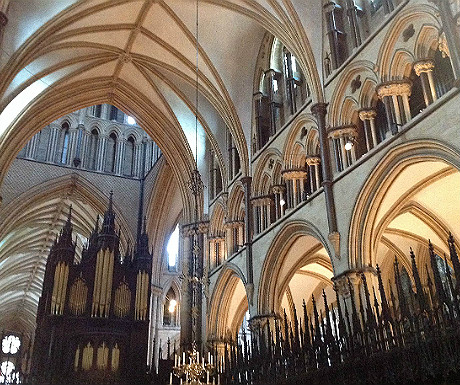
Just two miles from the city centre lies the magnificent Washingborough Hall, known locally as “Washy Hall”. This former home of the rector of the nearby church is now a charming hotel retaining many of its Georgian features. The frontage faces westwards across extensive lawns that are available for croquet or bowls.
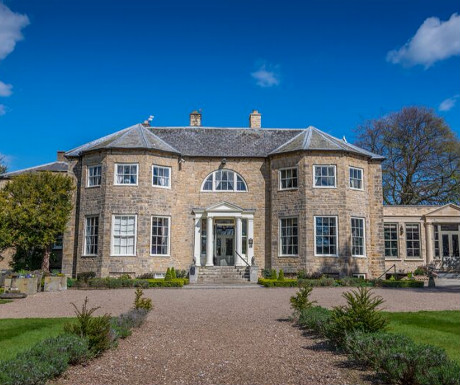
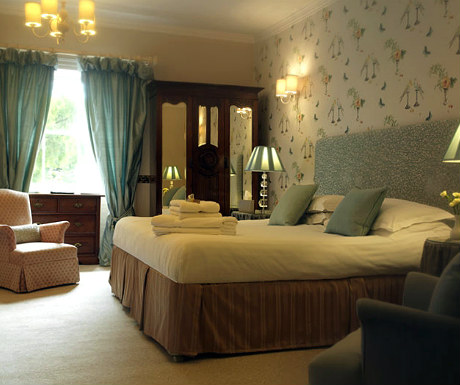
Inside the architecture of the period is emphasised by the lovely wide doorways and shallow staircases. Downstairs there are spacious lounges and a dining room that serves fine British cooking with many of the dishes using locally sourced ingredients. We tasted the breast of wood pigeon with kale and white pudding, bubble & squeak with Cumberland sauce, twice baked Kidderton Ash goats cheese souffl, and the rack of Lincolnshire lamb with a mint pesto. All the dishes showed a level of skill found in only a few restaurants. A light lunch in the lounge was a welcome break in the middle of the day. Staff throughout are warm and efficient under the guidance of hands on proprietor Lucy Herring. The new extension follows the style of the original building and provides facilities for functions of up to 150 guests.
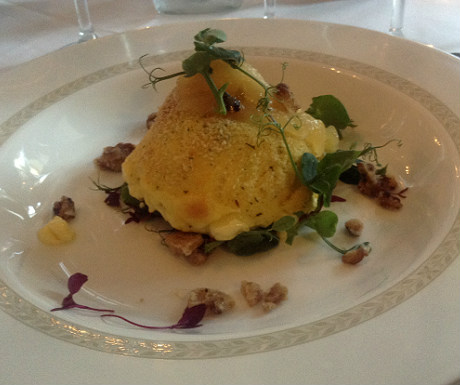
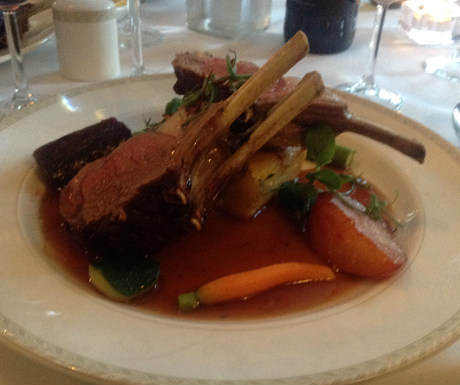
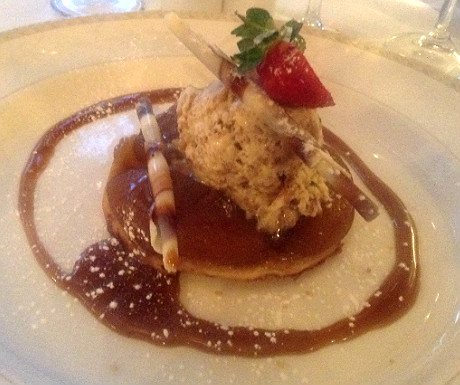
Back in town the Castle Hotel is the place to stay. Being right in the heart of the centre it is convenient for the main attractions.
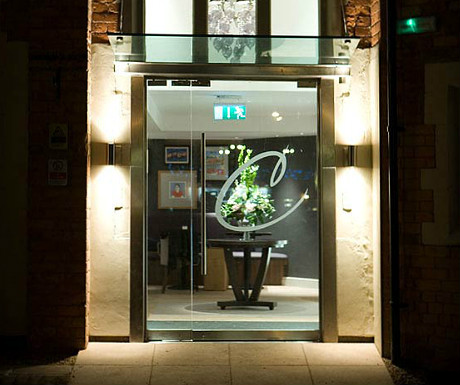
The modern entrance hall acts as reception and bar; an attractive area to have a pre-dinner drink or to meet friends. Matt and the other staff offer a friendly and efficient service. The dining room is popular with visitors and locals and serves food that is interesting and well-cooked. The clam and orzo vongole, beetroot marinated mackerel were good but the braised pork shoulder with seared scallops, parsley mash and rainbow carrots was out of this world.
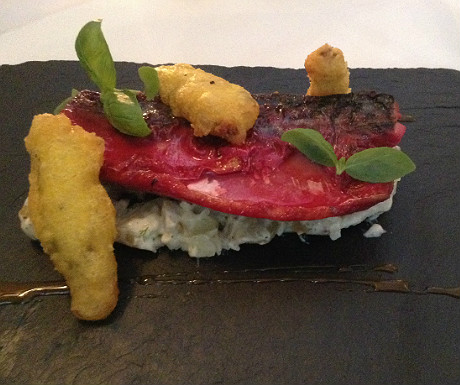
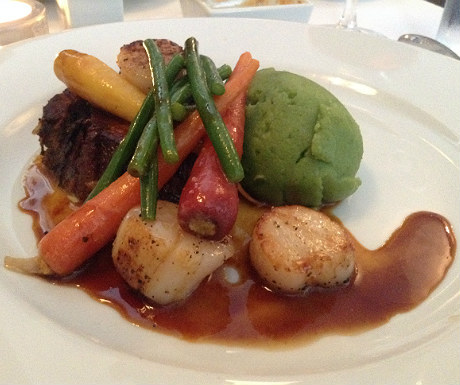
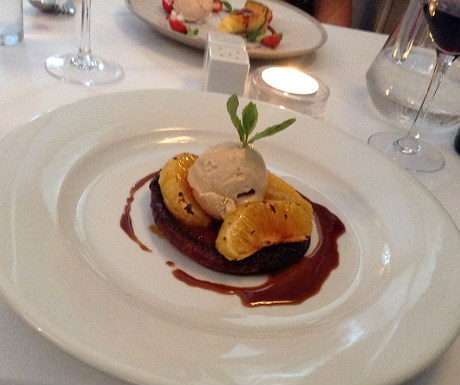
Breakfast included some more unusual dishes alongside the standards. There are 18 rooms in the hotel that are finished to a high standard but for a real treat try the cottage adjacent to the hotel. Fully equipped for self-catering, it has its own parking space right outside the front door!
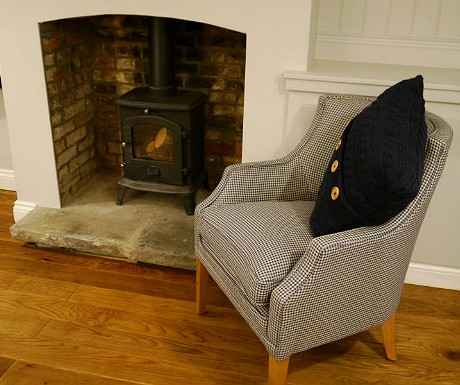
If you have the opportunity, for dinner on a third night try The Bronze Pig in the old town – an amazing restaurant with a brilliant chef and charming front of house team.
